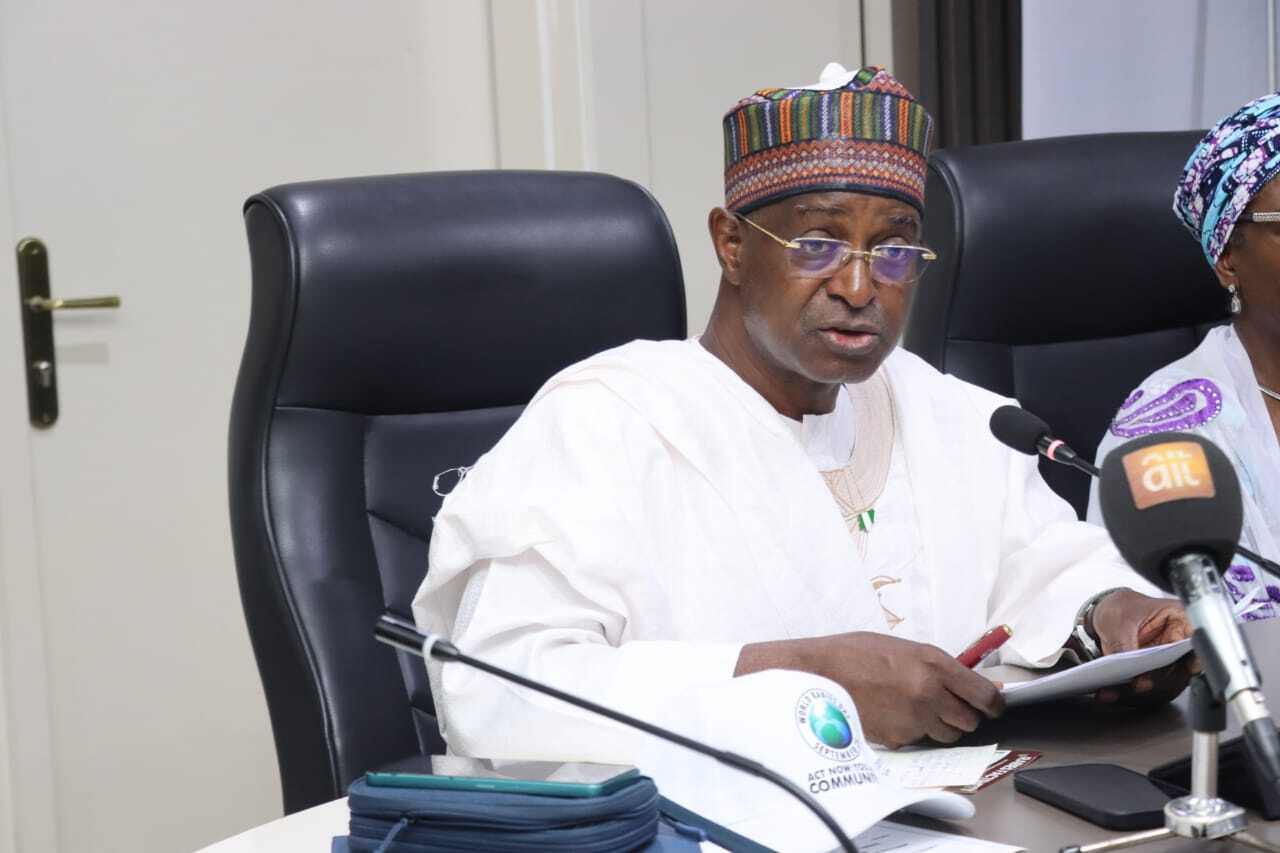Stakeholders in food sector have been urged to improve investment in safety practices, smart innovation and ensure responsible use of resources to tackle food insecurity in the country.
This was the position of experts during the launch of Dr Mojisola Olayinka Fatungase-Edema (MOFE) foundation/maiden memorial lecture, held virtually in Lagos,
Late Fatungase-Edema was an associate professor of Food Microbiology at the Federal University of Technology (FUTA), Ondo-State.
The Dean, College of Food Science and Human Ecology Federal University Agriculture, Abeokuta (FUNAAB), Prof Adebukunola Omemu, in his lecture, said there was need to integrate safety, innovation, and security in the food production value chain by supporting inter-disciplinary research to address emerging challenges and develop sustainable solutions, equipping the next generation of food scientists, policymakers, and consumers with the knowledge and skills to make informed decisions in the food production value chain.
Speaking on the theme: “Food safety innovation and security: challenges and opportunities,” Dr. Omemu argued that there is a need to build partnerships between governments, industries, academia, and communities towards creating inclusive and resilient food systems, while ensuring that the benefits of innovation and security reach the most vulnerable populations in the society.
She noted that late Fatungase-Edema was a firm believer in safe food for all and the power of innovation to solve global challenges, adding that she was a scholar who often remind the society that: “the future of food lies in safe practices, smart innovation, and the responsible use of our resources.”
The food scientist listed inconsistent food production owing to climate change, soil degradation, and resource limitations, high food prices, economic inequality, and inadequate infrastructure that hinder access to nutritious food as major challenges to food security in Nigeria.
Others, she said, are contamination, poor storage, and lack of regulation that increase risks of food-borne illnesses, post-harvest losses as approximately one-third of all food produced is lost or wasted, nutritional deficiencies, conflicts and poor governance that disrupt food supply chains.
“Food must be available; then households must have access to it; they must use it appropriately; and finally, the whole system must be stable, have physical, social, and economic access to sufficient, safe, and nutritious food that meets their dietary needs. Food security is essential for reducing hunger, malnutrition, and poverty,” she said.
Despite challenges, she noted that the late Dr Fatungase-Edema’s research highlighted key opportunities in food safety to include those offered in areas of research and innovation, training and education, investment in detection and control, as well as regulatory and policy development.
The founder, Nigerian Women in Agricultural Research for Development (NiWARD), Prof Stella Williams, said late Fatungase-Edema’s scholarly work, particularly in food science and technology, has been widely recognised and cited, reflecting her commitment to advancing knowledge in her field.
She noted that the late scholar understood that science must serve humanity, and her research focused on food safety, quality assurance, and sustainable food production, which is crucial to national development.
Williams said: “She did not stop at academic achievements. She was a leader and a builder of institutions. As a pioneer of NiWARD and the Acting Director of the Centre for Gender Issues in Science and Technology (CEGIST) at FUTA, she worked tirelessly to create opportunities for women in STEM. She knew that real change happens when women have equal access to education, leadership, and resources. “
She stressed that Dr Fatungase-Edema was a mentor who changed lives beyond her research and institutional contributions, but was a mentor of extraordinary impact.
Earlier, the Vice Chancellor of Kogi State University, Prof Kehinde Eniola, in a remark said the late Fatungase-Edema as an outstanding scholar and scientist, who made significant contributions to the field of food microbiology.






